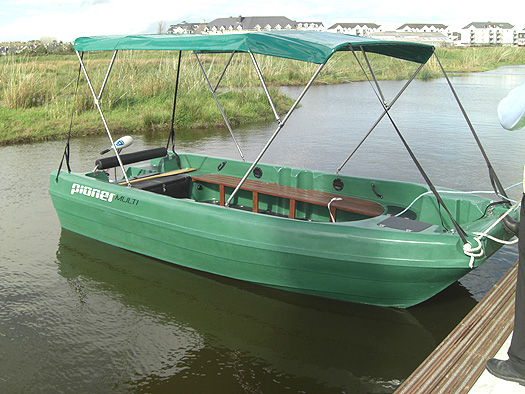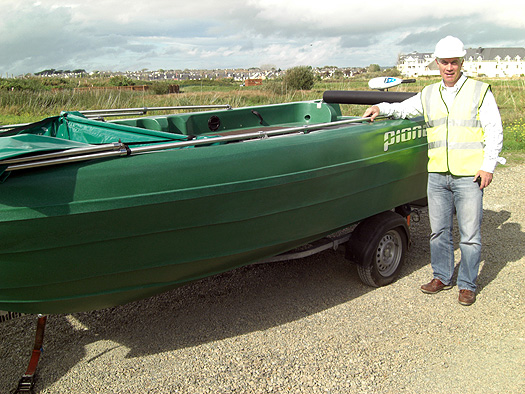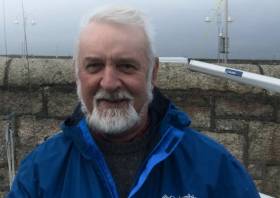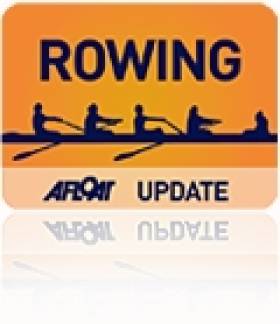Displaying items by tag: outboard
Outboard Engine Course At INSS Next Saturday
Next Saturday 5 October sees the Irish National Sailing & Powerboat School in Dun Laoghaire host an outboard engine course designed and presented by Brian Hughes.
With 48 years of experience in the industry — most notably and recently with Dalkey outboard engine specialists Killen Marine — Hughes will bring his wealth of knowledge and know-how to the day-long course at the INSS’s West Pier base.
Hughes says: “I feel quite strongly that a lot of boat owners really have very little knowledge about quite simple and basic aspects of their outboard (and to a certain extent inboards) so hopefully this is something I can help rectify … and keep me out of mischief while retired!”
The course fee is €89 and bookings can be made at 01 284 4195. For more visit INSS.ie
#TradeNews - Suzuki has unveiled its latest lightweight and fuel-efficient outboard engine model in the new four-cylinder DF200A.
The new outboard promises the performance one would expect only from a V6 engine, but from just four cylinders, making it the lightest in its class - like the recently released DF30A and DF25A before it.
Other features include a direct air intake and 'Variable Valve Timing' for higher performance and thermal efficiency, a large 'Big Block' displacement and higher compression ratio for better acceleration and low-end torque, improved sensors for monitoring and controlling internal engine operation, and 'Lean Burn Control Technology' for much improved fuel economy.
Perhaps most importantly, the new DF200A hits the scales at just 225kg, more than 12% less than the current V6 DF200 model.
And all that's aside from the sleek styling that boaters have come to expect from Suzuki.
But for those who want even better tech, the new DF200AP tops the standard model's specs as the first 200HP to market with Suzuki Protection Control for drive-by-wire, and Suzuki Selective Rotation whereby dealers can set up engines in either standard or counter rotation thanks to the specially designed gearing and electronic shift controls.
The DF200AP also features a keyless ignition system, using a coded keyfob that adds an invaluable extra level of protection.
Suzuki's DF200A will be available from dealers later this year, with the DF200AP to follow in early 2015.
Rowers Sleep at National Rowing Centre as Thieves Strike
#ROWING: Outboard motors worth up to €20,000 were stolen from the National Rowing Centre in Cork at the weekend. It is understood that rowers from the High Performance Programme were staying at the NRC when thieves took the engines, which were attached to catamarans and tinnies moored on the water. The raid did not come from the land.
Rowing Ireland has advised that anyone who becomes aware of 15HP Hondas and 20HP Yamahas being offered for sale should contact the Gardaí.
Safari Boats Order Boosts Kerry Boat Building Firm
Kerry Boat-builder O'Sullivan's Marine (OSM) is bucking the trend in the depressed marine industry. The Tralee firm have a busy order book and report strong demand for its traditional lake boat marque but it also has interest in more exotic boats too for the emerging nature tourism market.

Tried and tested, the new Safari boats are ready for Lee Valley
The first of the orders processed in Tralee is the supply of four Pioner Multi boats with Motor Guide 24v Electric Outboards for the local Lee Valley Development, a new eight hectare (20 acre) eco-tourism development comprising a Nature Park. The four boats will be used for safari-style boat rides.
'We carried out water trials yesterday, all is in order and the fully fitted out boats are being delivered this week', says managing director Brian O'Sullivan.

OSM's Brian O'Sullivan with one of the new Pioner boats
OSM, a member of the Irish Marine Federation, is also supplying two lake boats to Creeslough Angling Association in Donegal. Six Irish built boats have also been ordered by Dunfanaghy Angling Association in Donegal. Five more lake boats are also going to Waterville, Co. Kerry. All orders are for November delivery! Recession? What recession?
OSM have a selection of used craft on the boats for sale website. See them here
































































